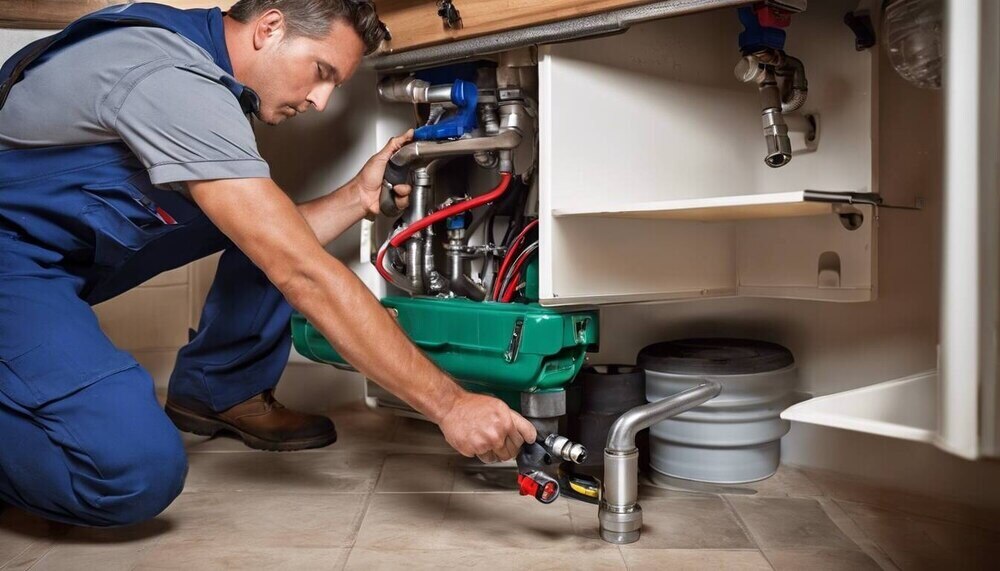Negotiation plays a pivotal role in the legal landscape, serving as a primary means for resolving disputes and reaching agreements without the need for lengthy court proceedings. According to the Munley Law Glossary, negotiation is the process by which parties engage in discussions to settle differences or come to an agreement on various issues, including contracts, settlements, and legal disputes. This method of conflict resolution emphasizes collaboration and communication, making it a valuable tool for attorneys, clients, and other stakeholders involved in legal matters.
The Importance of Negotiation in Law
In legal practice, negotiation serves several critical functions:
- Cost-Effective Resolution: One of the most significant advantages of negotiation is its potential to reduce costs associated with litigation. Court cases can be expensive due to Attorney fees, court costs, and the time involved. By negotiating a settlement, parties can save money and resources that would otherwise be spent on a protracted legal battle.
- Time-Saving: Legal disputes can take months or even years to resolve through litigation. Negotiation allows parties to reach a resolution more quickly, enabling them to move forward without the delays often associated with court proceedings.
- Control Over Outcomes: In negotiation, parties have more control over the final outcome compared to a court decision, where a judge or jury imposes a ruling. This autonomy allows for more tailored solutions that better meet the needs and interests of all parties involved.
- Preserving Relationships: Negotiation is inherently more collaborative than adversarial legal processes. When parties negotiate, they can maintain professional or personal relationships, which is particularly important in cases involving Business partners, family members, or ongoing business relationships.
Types of Negotiation in Legal Contexts
Negotiation in the legal field can take many forms, including:
- Settlement Negotiation: This is common in personal injury cases, contract disputes, and other civil matters. Parties discuss potential settlements to avoid trial, often involving compromise and the exchange of offers.
- Contract Negotiation: Lawyers negotiate the terms of contracts on behalf of their clients to ensure favorable conditions. This type of negotiation is crucial in business law, real estate transactions, and Employment agreements.
- Mediation: While technically a distinct process, mediation involves negotiation facilitated by a neutral third party. Mediators help parties communicate effectively and reach a mutually acceptable resolution.
- Arbitration: Similar to mediation, arbitration involves a third party, but it culminates in a binding decision. Parties may negotiate the terms of arbitration, including the selection of the arbitrator and the rules governing the process.
Effective Negotiation Strategies
Successful negotiation requires skill and strategy. Here are some key strategies legal professionals employ to enhance negotiation outcomes:
- Preparation: Effective negotiators conduct thorough research and prepare for discussions. This includes understanding the facts of the case, assessing the strengths and weaknesses of each party’s position, and establishing clear goals for the negotiation.
- Active Listening: Engaging in active listening helps negotiators understand the other party’s interests and concerns. This approach fosters an environment of collaboration and can lead to creative solutions that satisfy both parties.
- Building Rapport: Establishing a positive relationship with the other party can facilitate open communication and trust. Negotiators often engage in small talk or express empathy to build rapport, making it easier to discuss sensitive topics.
- Flexibility: While having clear goals is essential, being open to alternative solutions can lead to successful outcomes. Flexibility allows negotiators to adapt to changing circumstances and find common ground.
- Knowing When to Walk Away: A critical aspect of negotiation is understanding when to walk away if terms are not favorable. Legal professionals must recognize their bottom line and be willing to seek resolution through other means, such as litigation, if necessary.
Negotiation is a fundamental component of the legal process, offering a path to resolution that is often more efficient, cost-effective, and amicable than traditional litigation. As highlighted by the Munley Law Glossary, the ability to negotiate effectively is crucial for attorneys and their clients, enabling them to achieve desired outcomes while preserving relationships. By understanding the importance of negotiation, the various types involved, and effective strategies, legal professionals can navigate disputes with skill and confidence, ultimately serving their clients’ best interests. In an increasingly complex legal landscape, mastering negotiation techniques can significantly impact the success of legal representation and client satisfaction.



